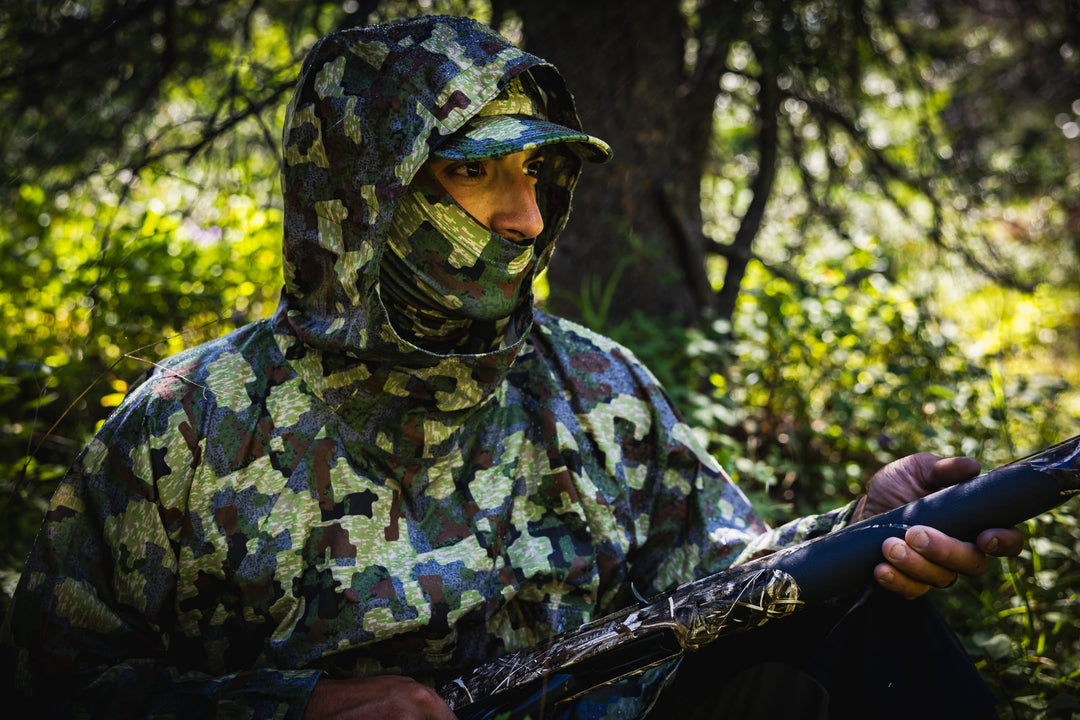This past spring just over 120,000 pounds of ground beef were recalled due to a concern it was contaminated with E. Coli. A more recent outbreak attributed to lettuce has sickened dozens. Each year the Centers for Disease Control (CDC) investigate dozens of food borne illness outbreaks. E. Coli alone is suspected for over 70,000 cases.
Farm to Table

Local farm-to-table movements seek to minimize the steps and gates food travels through to reach the consumer. Reconnecting people to the food process is a reversal of the sanitization of over a century of meat packing. Previously, all someone would know about their meat is the store which they bought from.
Today, they can know the pasture the livestock was grown on, its diet and finishing, hormones and treatments, and how it was processed. While admittedly smaller in production scale, these producers work to increase quality and flavor. Terroir no longer applies to just wine and coffee, but also the finely marbleized ribeye being grilled at home. For all this, the cost is still comparable to quality meat at a local supermarket.
These smaller farms increase their environmental quotient as well. Dairy cows raised on open pastures decrease the amount of carbon emissions when compared to larger, commercial operations. The cow-soil-grass cycle remains intact, producing higher quality feed and milk. Dairies with thousands of cows require bare lots and holding ponds, both adding to the carbon output of the operation.
Meat production is also more transparent with boutique farms. Owners usually raise the stock themselves and welcome visits that showcase their stewardship of the land and animals. Ethical livestock practices are a source of personal pride and there is an eagerness to share that with interested visitors.
Eating Local
Eating local requires a slight shift in habits, mostly in how to approach grocery shopping. Being purposeful in what beef, pork, and chick is raised locally is just an internet search away, as is a local market with produce. Often, farmers will have stands with freshly picked vegetables ready to be prepared that night. By keeping your purchases local, you invest in local communities and economies making them healthier and more vibrant. You also ensure that farmers and ranchers will be able to keep supplying you for seasons to come.

Hunters elevate the localvore mentality by becoming butcher, processor, and procurer all in one.
The hurdles are much higher for someone looking to source protein this way than buying from a local producer, but so are the rewards. There is little else that can replace the satisfaction of bringing venison from the woods to the table. Breaking down and packaging an animal is a skill and art that is being reclaimed by those who have been removed from it for generations. A hunter who does it all never wonders where his food came from or what it took to find it.
Related: Gear Tips for Your Spring Turkey Hunt , Dove Hunting Gear Guide for Beginners
Featured Items: Men's SolAir Hooded Long Sleeve Shirt - AllClima Stretch Woven Pant







